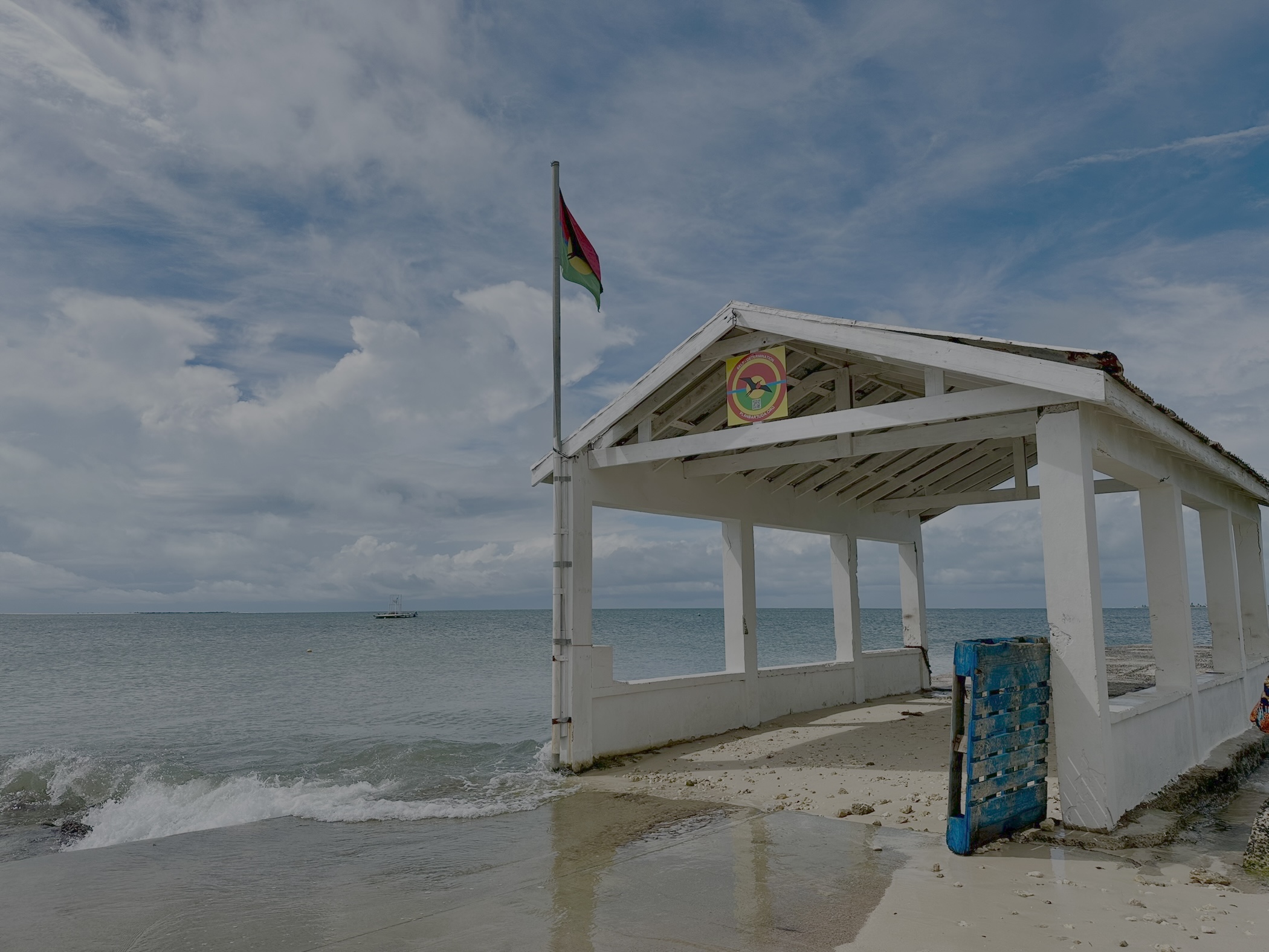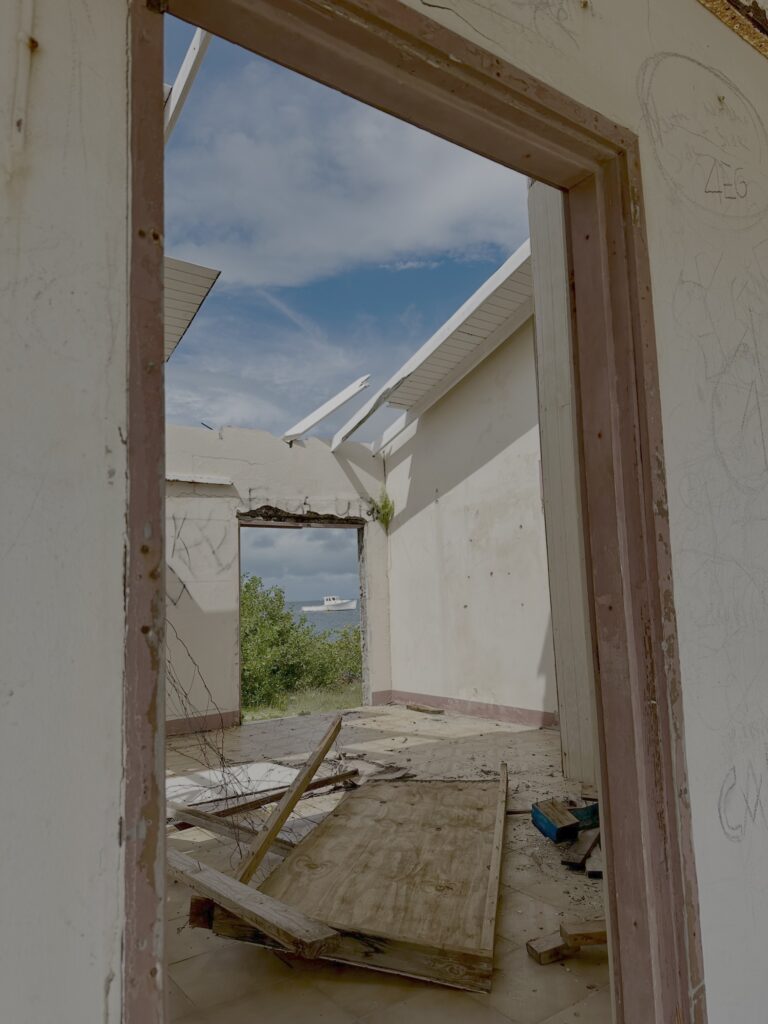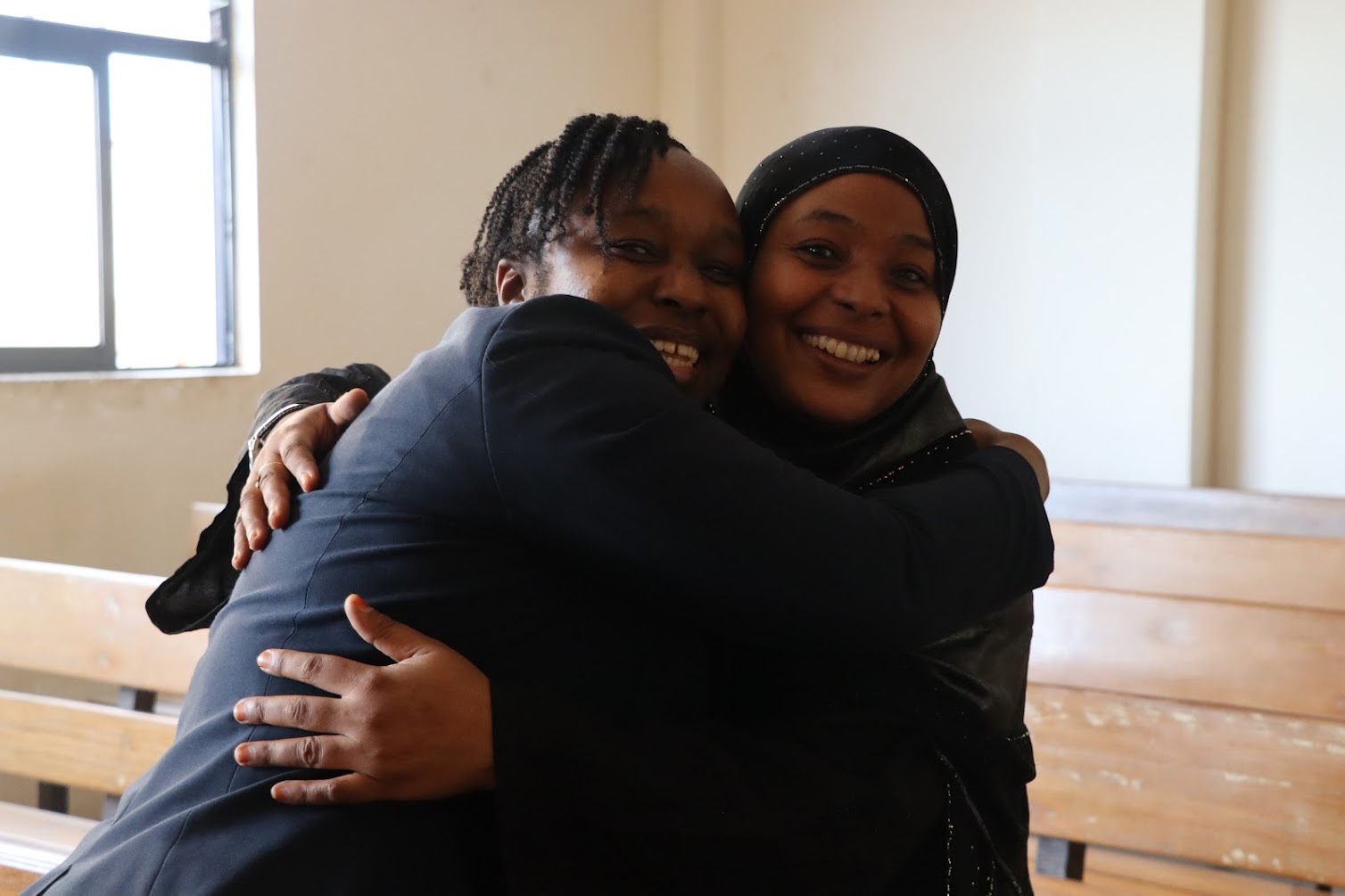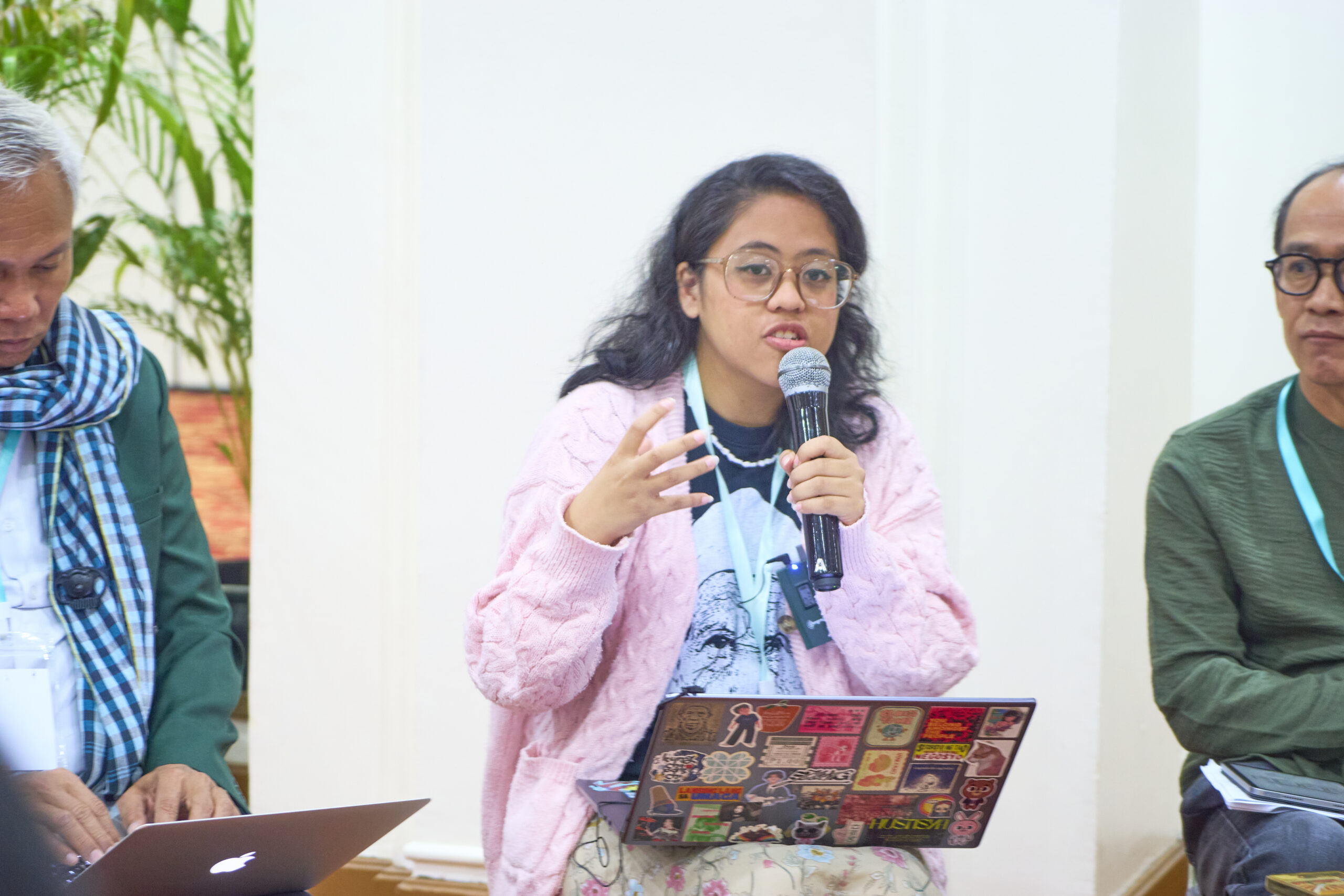In November 2024, members of the Legal Empowerment Fund (LEF) team traveled to Antigua and Barbuda, Barbados, Dominica, and Jamaica to meet with grassroots organizations addressing urgent environmental and climate justice issues. The visit marked the beginning of a longer process—one focused on learning from frontline organizations whose insights will help shape the LEF’s future support in the Caribbean.
As part of our commitment to funding that reflects the real priorities of grassroots groups, we went to listen, learn, and begin a co-design process to shape our grant making. Across the 18 organizations we met with, one common theme emerged: communities are organizing, advocating, and using legal strategies to defend their environments and rights—but they need flexible resources to sustain and scale their efforts.

What We Heard
The Caribbean is home to some of the world’s most climate-vulnerable nations. Communities face environmental and social threats, including land grabs, deep-sea mining, and unchecked development. Grassroots organizations are responding with determination, using a range of strategies to defend their communities.
But the barriers they face are real:
- Limited access to flexible, unrestricted funding. Many groups work without core support, often depending on volunteers.
- Challenges navigating legal processes, including high litigation costs and limited legal aid.
- Risks to activism, including reputational attacks and threats to livelihoods, especially in small island settings.
- Barriers to registration and formal recognition, especially for emerging or informal groups.
Even in the face of these challenges, grassroots organizations are leading critical efforts to protect their lands, waters, and futures—whether by challenging destructive development projects or advocating for environmental protections.
Why Legal Empowerment Matters
Legal empowerment strategies—community organizing, legal action, and public advocacy—are already being used by groups across the Caribbean. But these strategies require funding and space to grow. Groups emphasized that what they need are flexible, core funding to pursue solutions rooted in their own communities—not just short-term project grants.
The LEF believes that when communities have the tools and resources to know, use, and shape the law, they can drive lasting change—holding power to account and ensuring that justice is grounded in community priorities.

What’s Next
Building on these conversations, the LEF is committed to co-designing our next round of funding in partnership with Caribbean organizations. Through a mix of virtual and in-person workshops, we’ll work together to determine:
- What to prioritize, focusing on the issues and strategies that grassroots groups identify as most urgent.
- How to fund, ensuring that grants are flexible, accessible, and aligned with grassroots realities.
- Where to focus resources, to support communities facing the greatest challenges.
Our goal is to provide unrestricted support that allows groups to sustain and expand their work, whether through legal action, community organizing, or other approaches. We’ll also support peer learning and solidarity building across the region, to strengthen collective knowledge and strategies.
The climate crisis in the Caribbean is urgent—but communities are leading the way in defending their environments and rights. The LEF is committed to standing alongside them, helping ensure that grassroots solutions are heard, supported, and resourced.


